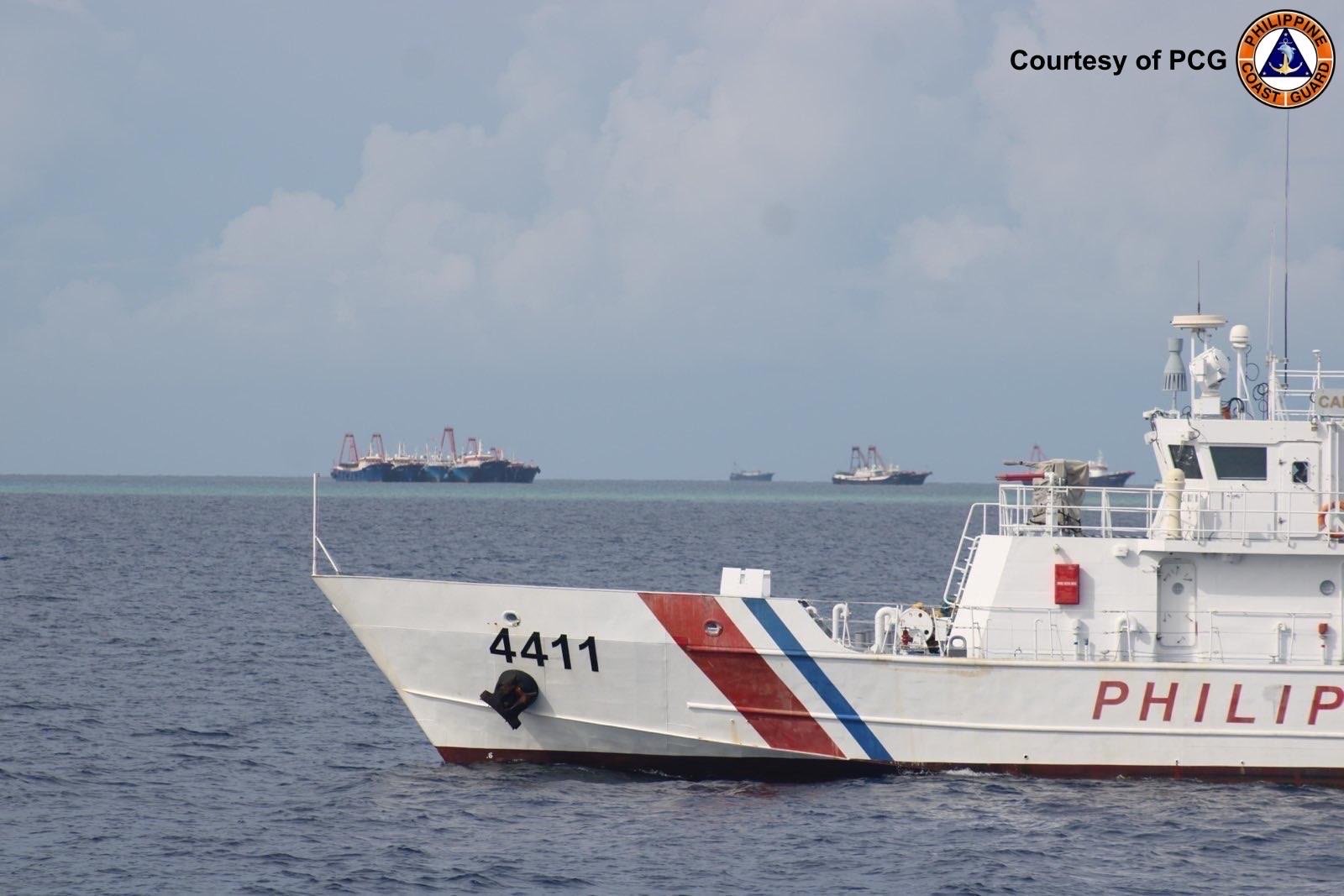
Thinking Beyond Politics
By Victor Andres C. Manhit

Nearly nine years ago, on July 12, 2016, the Permanent Court of Arbitration (PCA) in The Hague ruled overwhelmingly in the Philippines’ favor and invalidated China’s claims on the South China Sea. China’s nine-dash line had no basis, the PCA said.
This was supposed to be a moment of victory for the Philippines. The legal validation that came from the arbitral court’s decision was intended to settle the questions that came with the territorial dispute with China. Grounded on international law, the verdict should have assured Filipinos that the areas comprising what we now know to be the West Philippine Sea are no longer disputed. That they belong to the Philippines is a fact.
Unfortunately, our own government under then-President Rodrigo Duterte downplayed the significance of the ruling. He then spent the next few years appeasing and accommodating China, even at the expense of our own interests. He always claimed that China was too big and so powerful that we cannot ever imagine going to war with it.
But who said anything about war? Our case at the PCA simply protested China’s provocations and illegal acts. It showed that we resorted to legal and diplomatic means to settle issues.
Emboldened by Mr. Duterte’s stance, China consistently undermined the arbitral award, insisting the PCA never had any jurisdiction over it. And for as long as the former president was in power, we were always very careful in asserting our legal rights, afraid to antagonize our giant neighbor.
The succeeding administration, however, had a decidedly different take on the issue of the West Philippine Sea. Early on in his term, President Ferdinand Marcos, Jr. said he would “not preside over any process that will abandon even one square inch of territory of the Republic of the Philippines to any foreign power.”
To be sure, these pronouncements have not deterred the Chinese from their aggressive acts on our seas. Reports of their harassment of Philippine vessels and fisherfolk, using water cannons and military-grade lasers, sideswiping and other tactics, and even spreading fake news, have become common — and consistent — in recent years.
In response, the Philippines has filed hundreds of diplomatic protests against China’s actions, registering our vehement objection to and condemnation of its acts. Our own military has adopted a new defense strategy, the Comprehensive Archipelagic Defense Concept.
Rightfully, this administration is acknowledging the significance — and power — that the ruling carries.
What was once a solitary legal and diplomatic triumph tragically muted by the Duterte administration that should have been the first to ensure its enforcement, has now evolved into a whole-of-society campaign.
Despite China’s aggression from sea to air, the military and the Philippine Coast Guard have stood firm in asserting the country’s sovereign rights, conducting regular patrols and resupply missions in the West Philippine Sea.
Civil society remains a crucial stakeholder — particularly Filipino fisherfolk, youth groups, advocacy networks, and church leaders as they continue to reinforce the Philippines’ stand over the West Philippine Sea. They have launched peaceful, civilian-led resupply missions in the West Philippine Sea. These missions underscore a message that resonates across the nation: the West Philippine Sea is not just a strategic issue — it is a Filipino issue.
Even the private sector — from corporations to business groups, to private educational institutions — has expressed strong support for the Arbitral Award. This support has taken shape through affirming the importance of a rules-based international order and increasingly calling out pro-China officials who undermine Philippine sovereignty.
This renewed vigor stems from a clear understanding that the arbitral award is not merely a piece of paper but a legal cornerstone for the Philippines’ sovereign rights and a rallying point for peace and stability in the Indo-Pacific.
Indeed, the current administration has placed international law at the heart of its foreign and defense policy. As a result, this stance has prompted like-minded countries, equally committed to upholding international law, to lend their support to the Philippines in various ways, from helping boost our defense capabilities, to making public statements of support, and sharing intelligence and other technological assets to combat incursions even in cyberspace.
The Stratbase Institute has always been at the forefront of championing the Philippines’ interests in the West Philippine Sea. In an international conference we are holding on Friday, July 11, titled “9th Year of the Arbitral Victory: Defending the Rules-Based Order through Reinforced Defense Capabilities and Partnerships,” we intend to demonstrate the broad-based support for the Philippine position.
The event will bring together representatives from Australia, the United Kingdom, Canada, the European Union, France, Germany, India, Japan, New Zealand, the United States, Vietnam, and other like-minded states. Joining them will be key members of the government, the Armed Forces of the Philippines, the Philippine Coast Guard, leaders from civil society, and representatives from the private sector.
This gathering is a testament to how the arbitral award has united a broad intercontinental coalition committed to upholding the rules-based international order, promoting regional stability, and defending Philippine sovereignty in the West Philippine Sea.
The PCA ruling gives the Philippines a firm and incontrovertible basis to assert our rights and demand that no other country trample on it. Indeed, it is a cornerstone of Philippine sovereignty, something that we should hold and cherish especially amid these challenging times in the region and in the world.
Victor Andres “Dindo” C. Manhit is the president of the Stratbase ADR Institute.